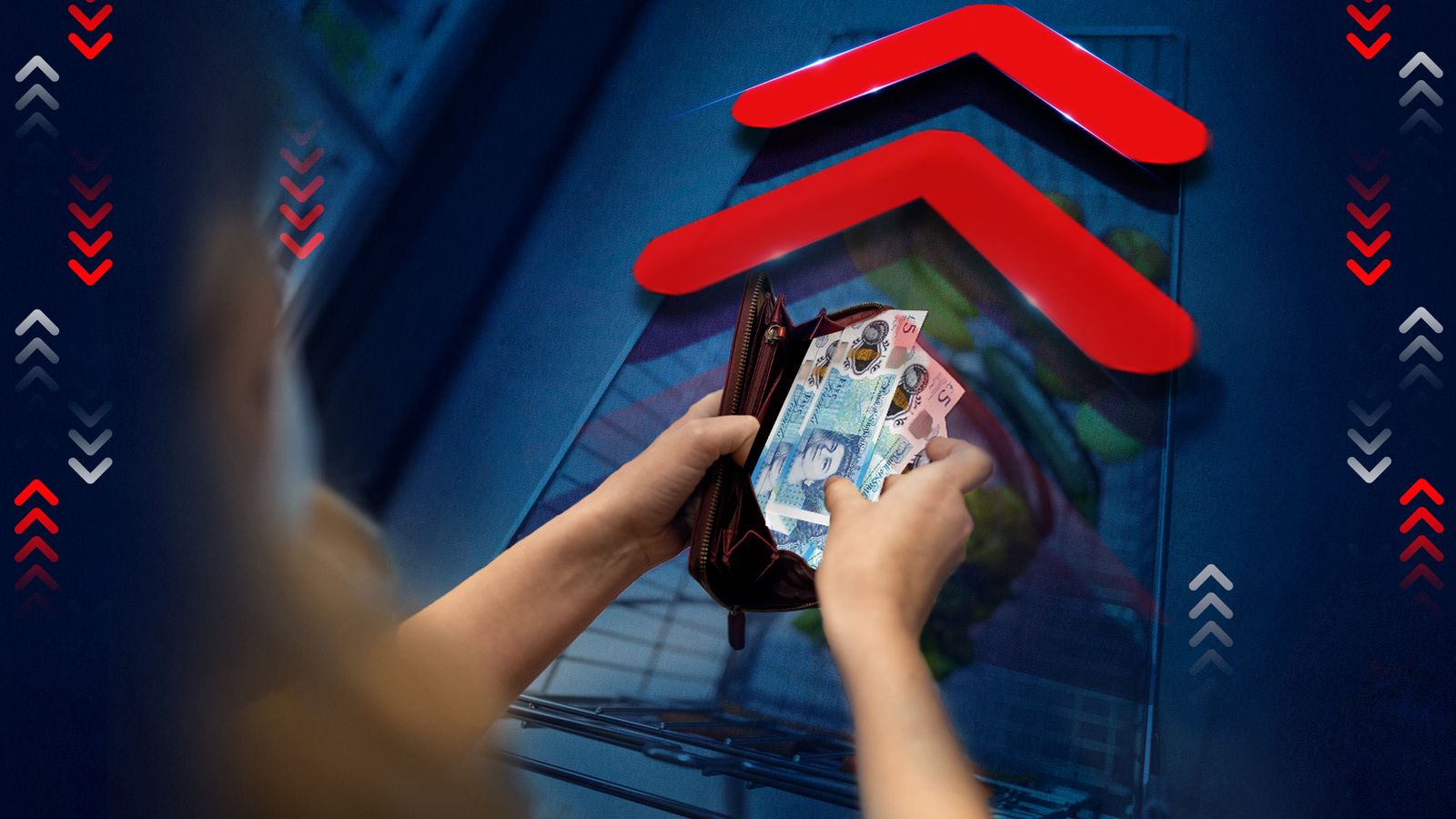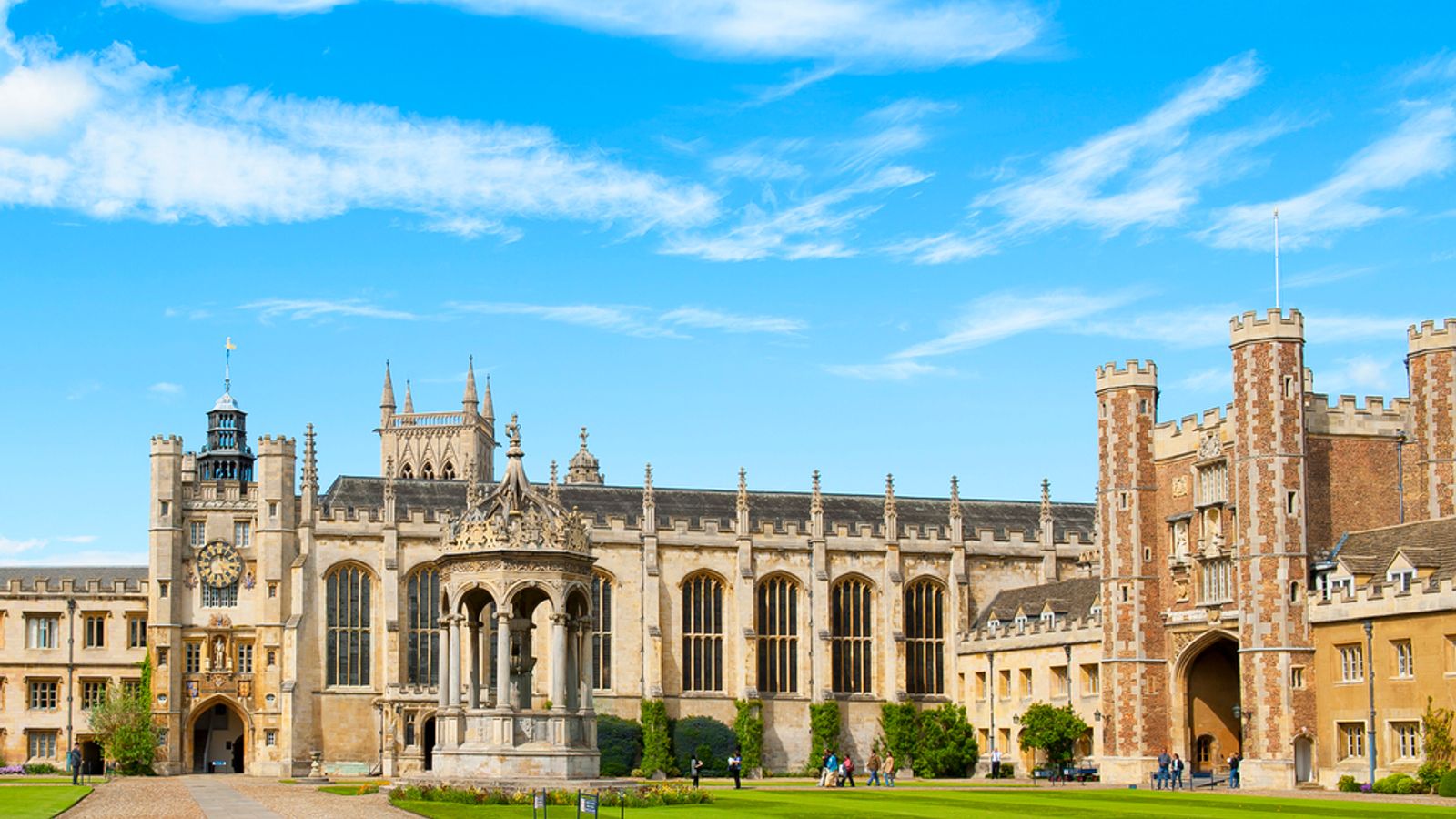Inflation falls to 7.9% in bigger than expected drop

The rate of price rises has dropped to 7.9% in the year up to June, according to the Office for National Statistics (ONS).
The consumer price index (CPI) measure of inflation shows prices are still rising, just at a slower pace than before, as the rate fell from 8.7% in the year to May.
Another measure of inflation, closely watched by the Bank of England when deciding whether to increase interest rates, also fell.
Core inflation – the rate of price rises that excludes food and fuel – dropped to 6.9%. The rate had been increasing since January this year.
It had been expected the core inflation would remain stuck at the same level as the month before – 7.1% – and that CPI would only fall to 8.2%.
But falling petrol and diesel costs, and a slowing down in food price rises, led to the surprise drop.
The rate of food inflation fell to 17.3% in June from 18.3% in May.
Also falling was the cost of raw materials – they dropped 2.7% in price – the first time they’ve actually become cheaper since late 2020, the ONS said.
The price of goods leaving factories grew 0.1%, down from a rise of 2.7%.
Advertisement
Chancellor Jeremy Hunt said, “Inflation is falling and stands at its lowest level since last March; but we aren’t complacent and know that high prices are still a huge worry for families and businesses.
“The best and only way we can ease this pressure and get our economy growing again is by sticking to the plan to halve inflation this year.”


